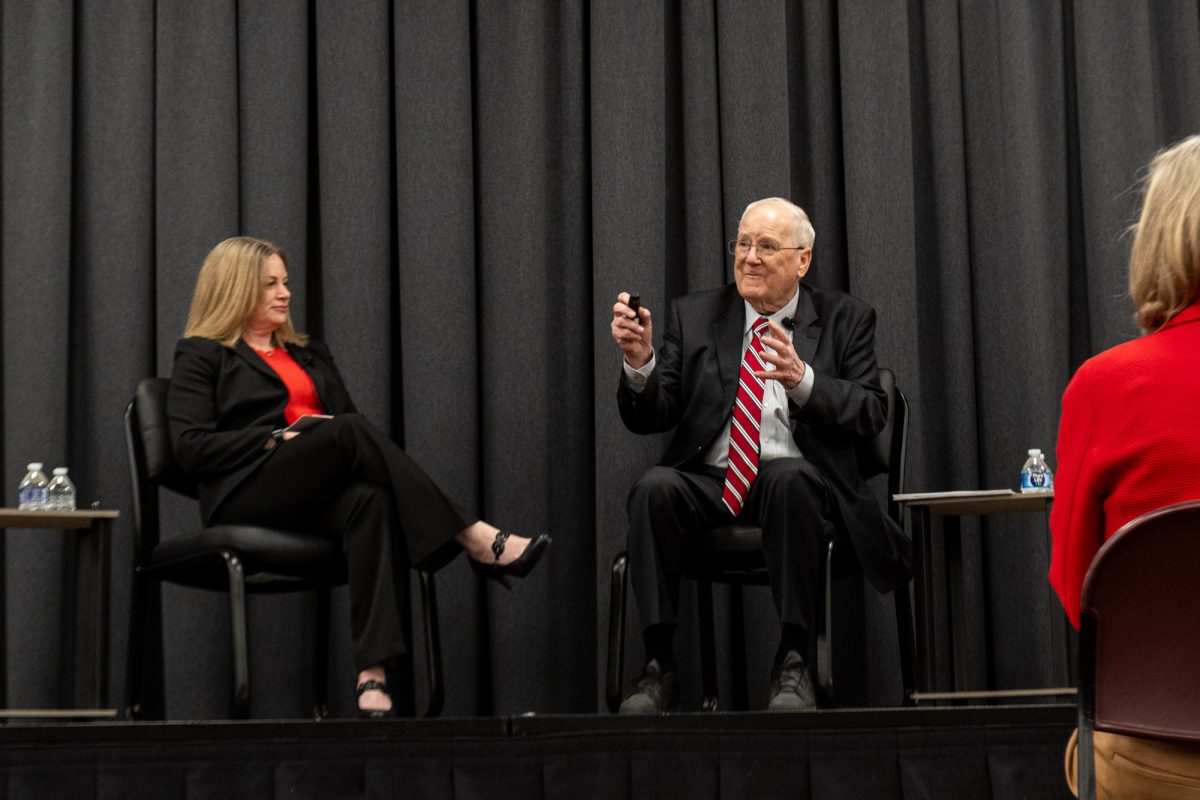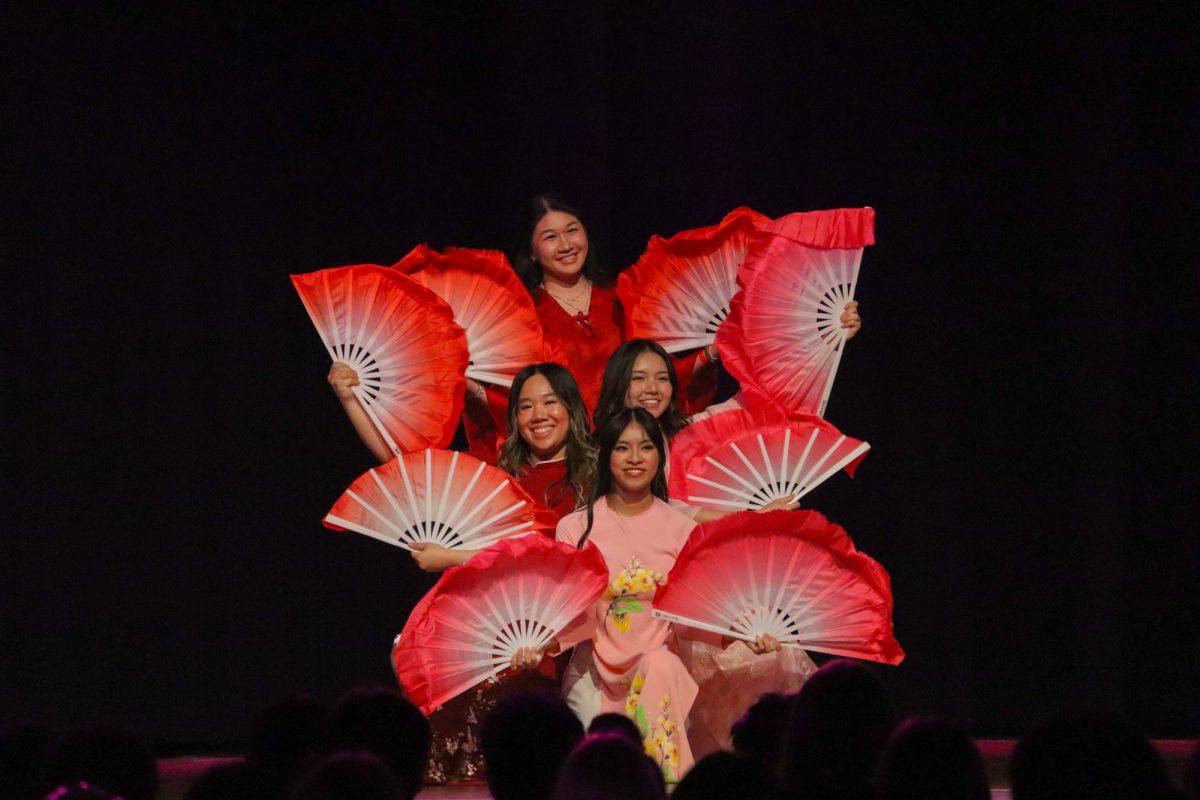Editorial: To preserve tradition and equality, keep wrestling in Olympics
February 14, 2013
Wrestling has been a part of the Summer Olympic Games since the Olympics began more than a century ago in 1896. In the Olympic Games of the ancient world, which ran from 776 B.C. to 393 A.D., athletes also wrestled, starting in 708 B.C. So when the International Olympic Committee (IOC) announced that wrestling is now on a list of sports that might not be included in the 2020 Games, it shocked the world.
The committee’s announcement Feb. 12 states that wrestling is not one of 25 “core sports” and therefore is with seven other “shortlisted sports” that will be included in the program as an additional sport.
Such news defies all historical precedent. Wrestling has been part of the Olympics from almost the beginning. Wrestling has been an Olympic contest since Homer wrote “The Iliad.” Olympians have wrestled since before the Peloponnesian War between Athens and Sparta. They have wrestled since before Alexander conquered the known world, from Macedonia to Egypt to India.
Before Caesar invaded Britain, Olympic athletes wrestled for more than 600 years. When the Romans extended their empire over Greece and the Near East, they allowed the games to continue. Indeed, they were only discontinued when their ancient religious purpose became incompatible with Christianity.
Activity inherited from the past should always be adjusted as modern needs require, but retaining the truly ancient sports such as wrestling, boxing and martial arts, is important for keeping us in touch with the whole point of the Olympic Games: displaying athletic, competitive prowess.
Instead of maintaining the millennia-old traditions, the IOC decided to keep such “sports” as table tennis, synchronized swimming, trampoline gymnastics, artistic gymnastics and badminton. Instead of maintaining the tradition from eons past of egalitarianism, the IOC decided to indulge sports that display art or aristocracy rather than unadulterated physical power or the egalitarianism of the ancient Olympics.
In the case of artistry rather than athleticism, the comparison should be obvious. Contrasting the athletic merits of wrestling with, say, synchronized swimming or trampoline or artistic gymnastics, should be easy. Indeed, the difference between such competitions seems so obvious that we cannot really articulate why wrestling is a superior event.
The Olympic Games have a tradition of being open to anyone who wants to compete. At least, that is how they were done originally. The only criteria for participating in the competition was that athletes be a free citizen of a Greek state. Although critics of the present day might be appalled that such “democracies” did not enfranchise women and slavery was commonplace, for their time, the Greeks were on the cutting edge of equality.
Some might say that wrestling is a sport that is popular only in limited parts of the world. A critic could say that since the Olympics are a worldwide event that encompasses all of humanity, people from all countries and cultures should have an event to compete in.
But how inclusive is it to have something for everyone? Is it more inclusive to have something in which everyone can participate? In some societies equestrian sports are the province of the rich; some do not have martial arts traditions in events such as judo or taekwondo; obviously a lot of countries do not adore basketball the same way we do. But on the wrestling mat, everyone is equal. Everyone wrestles.





